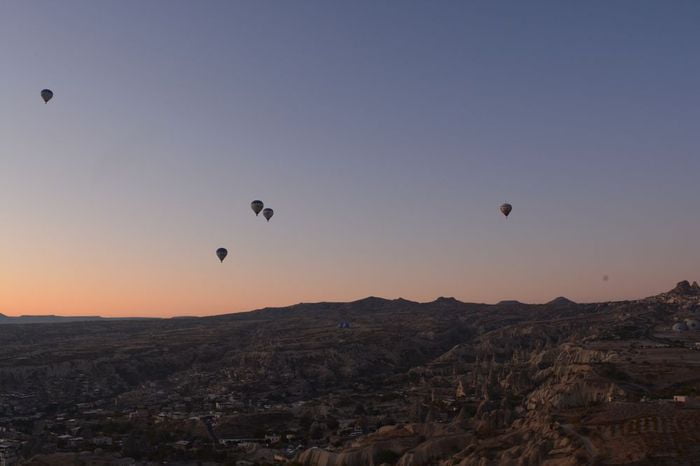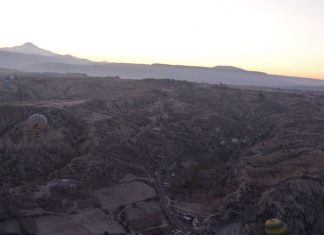The road to Sandy Bar a camp that, not having as yet experienced the regenerating influences of Poker Flat, consequently seemed to offer some invitation to the emigrants lay over a steep mountain range. It was distant a day`s severe travel. In that advanced season the party soon passed out of the moist, temperate regions of the foothills into the dry, cold, bracing air of the Sierras. The trail was narrow and difficult. At nodn the Duchess, rolling out of her saddle upon the ground, declared her intention of going no farther, and the party halted.
Mr Oakhurst
The spot was singularly wild and impressive. A wooded amphitheater surrounded on three sides by precipitous cliffs of naked granite, sloped gently toward the crest of another precipice that overlooked the valley. It was, undoubtedly, the most suitable spot for a camp, had camping been advisable. But Mr. Oakhurst knew that scarcely half the journey to Sandy Bar was accomplished, and the party were not equipped or provisioned for delay.
This fact he pointed out to his companions curtly, with a philosophic commentary on the folly of “throwing up their hand before the game was played out.” But they were furnished with liquor, which in this emergency stood them in place of food, fuel, rest and prescience. In spite of his remonstrances, it was not long before they were more or less under its influence. Uncle Billy passed rapidly from a bellicose state into one of stupor, the Duchess became maudlin, and Mother Shipton snored. Mr. Oakhurst alone remained erect, leaning against a rock, calmly surveying` them.
Mr. Oakhurst did not drink. It interfered with a profession which required coolness, impassiveness, and presence of mind, and, in his own language, he “couldn`t afford it.” As he gazed at his recumbent fellow exiles, the loneliness begotten of his pariah trade, his habits of life, his very vices, for the first time seriously oppressed him. He bestirred him-self in dusting his black clothes, washing his hands and face, and other acts characteristic of his studiously neat habits, and for a moment forgot his annoyance.
The thought of deserting his weaker and more pitiable companions never perhaps occurred to him. Yet he could not help feeling the want of that excitement which, singularly enough, was most conducive to that calm equanimity for which he was notorious. He looked at the gloomy walls that rose a thousand feet sheer above the circling pines around him, at the sky ominously clouded, at the valley below, already deepening into shadow; and, doing so, suddenly he heard his own name called.
Read More about Eumieus` Tale 1








